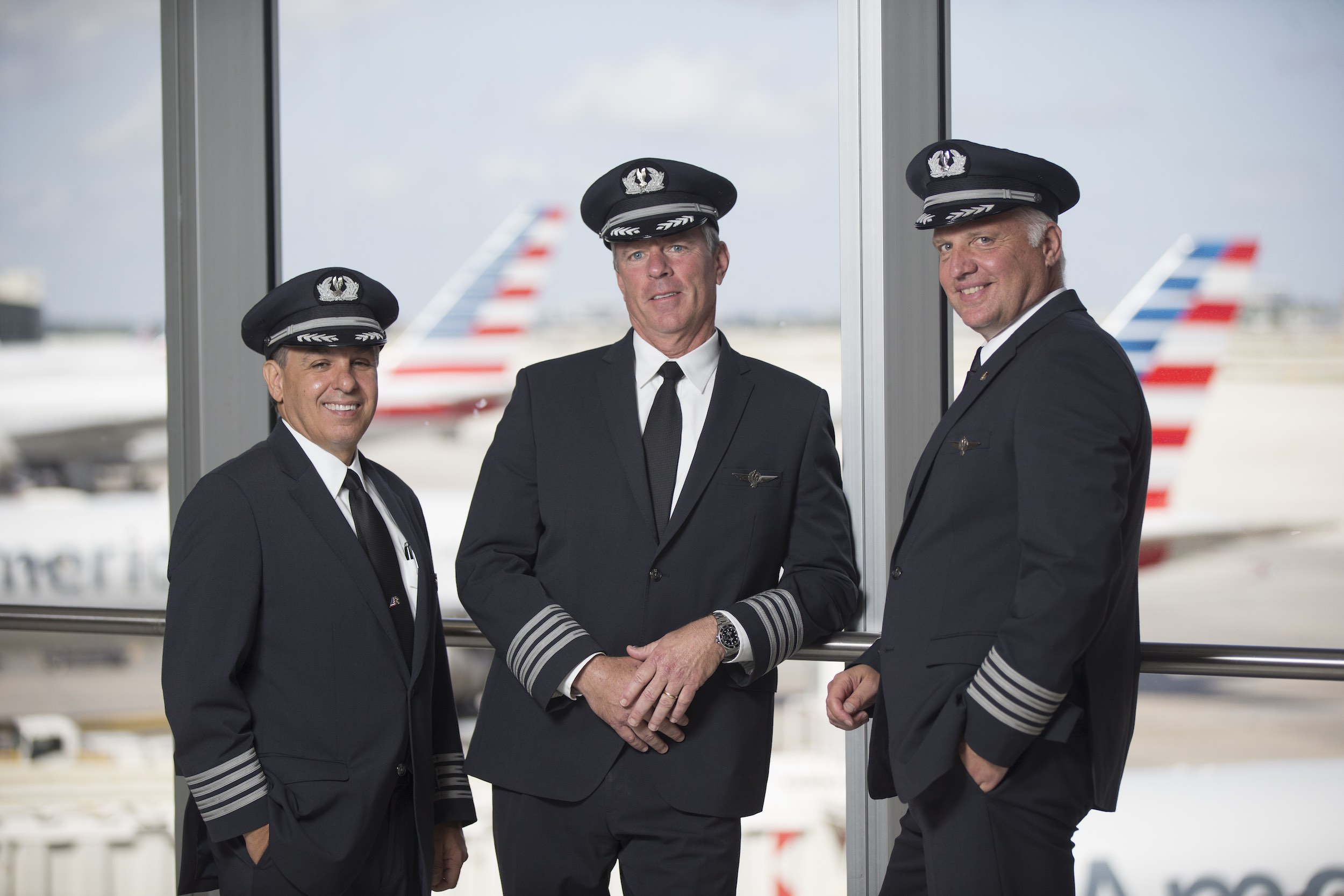Should Airline Pilots Fly Past 65? Debate Heats Up Over Raising Retirement Age To 67

The mandatory retirement age for U.S. airline pilots is back in the headlines. A push is underway to raise the limit from 65 to 67, but this is not a simple matter. Congress set the current age in law and would have to change it. Meanwhile, the global standard still caps international multi-pilot airline operations at 65, and a proposal to lift that to 67 is being debated this week in Montreal.
Should The Airline Pilot Retirement Age Rise To 67?
Over the weekend, Senate Commerce Chair Ted Cruz urged President Donald Trump to back an international effort, led by the International Air Transport Association (IATA), to increase the global pilot retirement age to 67 at the International Civil Aviation Organization (ICAO) Assembly in Montreal. In 2024, Congress rejected a similar U.S. move after the Federal Aviation Administration (FAA) asked for a scientific and safety analysis first. Labor groups, including the Air Line Pilots Association (ALPA), remain opposed.
- U.S. law today: Mandatory retirement for Part 121 airline pilots at 65 under 49 U.S.C. §44729. Changing this requires an act of Congress.
- International standard today: ICAO Annex 1 limits multi-pilot international airline operations to 65. IATA has asked ICAO to consider 67 at this week’s Assembly. The U.S. has not taken a formal position yet.
- What happens if the U.S. moves first: Pilots over 65 could not fly international segments while ICAO still caps at 65, creating scheduling and training complexities. ALPA highlights those constraints in its opposition.
Arguments In Favor Of Raising The Pilot Retirement Age
- Experience retention: Keeps highly seasoned captains and instructors on the line longer during a period of heavy retirements.
- Near-term staffing relief: Adds two more years of service per pilot while the training pipeline catches up.
- If ICAO also moves: A coordinated global increase would avoid the international/domestic mismatch that tripped up prior attempts.
Arguments Against Raising The Pilot Retirement Age
- Safety and medical risk: FAA has asked for evidence and safeguards before any change. Opponents cite age-related health and cognitive risk profiles that are hard to capture with current screening.
- Operational friction: If international remains at 65, older pilots could be blocked from many premium routes, complicating bidding, training, and utilization.
- Career progression: Slower retirements can delay upgrades and depress morale among mid-seniority pilots.
My Thoughts
Bright-line rules offer a compelling alternative to vague standards, often reflecting a summary of wise decisions. If people over the age of 65 are banned from piloting commercial airplanes, it is because such policy represents a generally accurate summary of good individual decisions, and is much less costly to administer than any alternative. (Just think about the expenditures that would be necessary to assess competence on a case-by-case basis.) These rules do not summarize individually wise decisions, but rather express a social judgment about valuations and relations.
An airline may derive abundant short-term benefit from keeping an experienced pilot beyond a predetermined retirement age; but such a decision will likely lead to high long-term costs from having to monitor every pilot individually and from insuring against mistaken decisions.
That tension is exactly what the current debate exposes. Raising the age buys short-term staffing relief and preserves valuable experience. It also risks swapping a clear, uniform rule for a patchwork of waivers, one-offs, and operational compromises, especially if ICAO does not move in lockstep with Congress. The result could be the worst of both worlds: complex scheduling limits for older pilots on international trips, additional medical and training oversight costs, and continuing uncertainty for pilots planning their careers.
It’s not that I’m opposed to raising the age from 65 to 67…I think in most cases it would be no problem and as I’ve experienced when flying private or on Part 135, these older pilots are sharp and professional. But I do think a bright-line rule has to exist. Those calling for totally abolishing any mandatory retirement age underestimate the cost of increased monitoring that would be necessary for older pilots, if for nothing other than libality reasons.
And the uncomfortable truth is that in the case of flight attendants, where there is no mandatory retirement age, I’ve flown with some older flight attendants who appeared so frail that I’d imagine they’d be of no use in an emergency. While flight attendants ostensibly go through medical and physical evaluations, I remain highly skeptical that many flight attendants would be able to lift an emergency exit door…
CONCLUSION
Right now, this is a live policy fight, not a done deal. Congress would have to change U.S. law to raise the domestic retirement age, and ICAO would have to lift the international cap for truly seamless global operations. The FAA has asked for data first. Labor is opposed. Airlines want relief. I’m somewhat agnostic on whether to change the age, but whatever comes next, it needs to be coherent, evidence-based, and globally aligned.
image: American Airlines